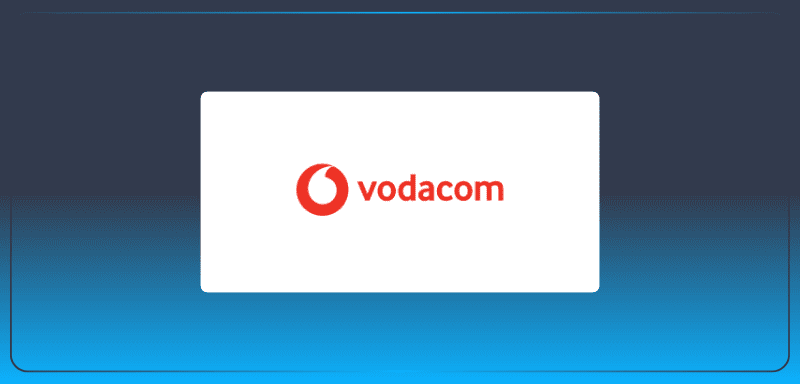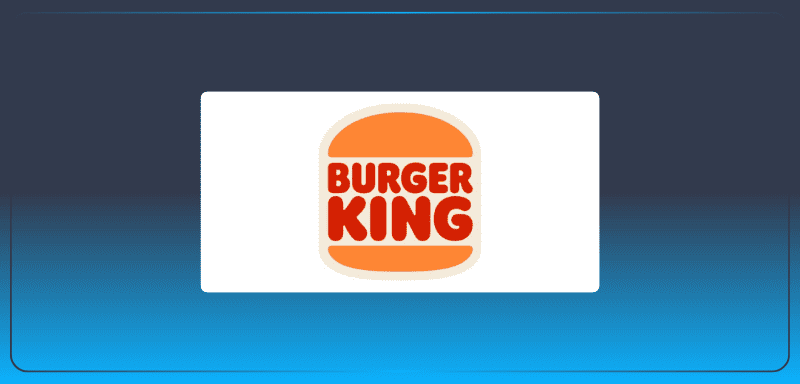Career
How to Create a Standout Resume: Tips for Landing Your Dream Job
Your resume is the key to success! Here’s how to create a document that truly stands out in the job market.
Advertisement
See how to create your standout resume

Creating an attractive CV is a crucial step to standing out in the job market and increasing your chances of getting the job you want.
Additionally, this document serves as an excellent opportunity to make a positive first impression on recruiters. But how do you build a resume that really stands out?
In this article, we will share valuable tips to help you create an effective resume that will capture the attention of recruiters and bring you closer to your dream job. Follow along!
1. Start with your personal data
The top of your resume should contain your essential personal information. This includes:
- Full name: highlight your name at the top, in a font slightly larger than the rest of the text.
- Contact details: Add your phone number, professional email address, and, if applicable, a link to your LinkedIn profile or digital portfolio.
- Address: It is not necessary to enter your full address, just city and state.
This information is basic, but it must be presented clearly and professionally.
Also, make sure that the email address you use is suitable for professional contacts, avoiding addresses that are too informal or old.
2. Professional objective: maintain clarity and objectivity
A career objective is a short description of the goals you want to achieve in your career path.
It needs to be concise, clear, and tailored to the position you are applying for. A good example would be:
“Professional with 5 years of experience in digital marketing, seeking an opportunity to contribute creative and innovative strategies to a leading agency.”
By personalizing your career objective for each application, you show the recruiter that you are genuinely interested in the position and that your profile is aligned with the company's needs.
3. Qualifications Summary: Highlight your most relevant skills
The qualifications summary is a section where you can highlight your key skills and accomplishments in 3 to 5 bullet points.
This is a great opportunity to show the recruiter what you have to offer. For example:
- Proven experience in managing digital marketing campaigns with a focus on SEO and PPC, increasing organic traffic by 30% in the last 12 months.
- Skill in data analysis and creation of detailed reports, with a focus on improving the ROI of campaigns.
- Strong communication and teamwork skills, with a proven track record of effective project collaboration across departments.
When highlighting your qualifications, focus on those that are most relevant to the position you are applying for, as this will make your resume more attractive and specific.
4. Professional experience: be specific and show results
In the work experience section, organize your previous positions in reverse chronological order, starting with your most recent job.
For each position, include:
- Company name;
- Period of operation (month and year);
- Position;
- Main responsibilities and achievements.
Use action verbs to describe your responsibilities, such as 'managed', 'developed', 'implemented', and try to quantify your accomplishments whenever possible. For example:
“Led a team of 5 members in executing marketing campaigns which resulted in a 20% increase in annual sales.”
By including measurable results, you demonstrate the real impact of your work, which can make a big difference.
5. Academic background: include what is relevant
In the academic background section, list your degrees in reverse chronological order, mentioning:
- Course name;
- Institution;
- Study period.
If you have any relevant education or additional certifications, include them here. You don’t need to list every course you’ve taken; focus on the ones that are most relevant to the position.
6. Skills: technical and behavioral
The skills section should be divided into two categories: technical and behavioral.
- Technical skills: List software, tools, languages, and other specific skills that are relevant to the position.
- Behavioral skills: include skills such as “leadership”, “teamwork” or “problem solving”, which are also valued by employers.
If possible, indicate the level of proficiency in each skill (basic, intermediate, advanced), especially in languages and technical tools.
7. Certifications and courses: Show your commitment to continuous learning
Mention any relevant courses and certifications you have completed, especially if they are recognized in your field.
Certifications from recognized institutions can add great value to your resume and demonstrate your commitment to ongoing professional development.
8. Projects and achievements: highlight your contributions
If you have participated in important projects, whether at work or in other contexts, such as volunteering, include them on your resume.
To do this, highlight your role and the results achieved. For example:
“I led a process optimization project that resulted in savings of 15% in operating costs.”
This section is especially useful if you have little formal work experience but want to demonstrate your skills and ability to deliver.
9. Design and formatting: less is more
A good resume doesn’t have to be visually complex to be effective. In fact, a clean, uncluttered design is often the best approach.
Therefore, use a readable font, such as Arial or Calibri, in size 11 or 12, and maintain adequate spacing between sections. Avoid overdoing it with colors or graphics; after all, the focus should be on the content.
If you don't have design skills, consider using ready-made templates from tools like Canva or Word, but customize them to reflect your personality and professional style.
10. Review: ensuring quality
Before submitting your resume, please review it thoroughly to correct any spelling, grammar, or formatting errors.
Mistakes on a resume can give the impression of carelessness and lack of attention to detail. If possible, ask someone you trust to proofread it as well.
11. Keep in mind: your resume is your first impression.
It’s worth remembering that your resume is the first impression an employer will have of you. So take the time to ensure that it is well-written, clear and to the point.
A well-written CV does not guarantee you a job, but it certainly increases your chances of being called for an interview and taking an important step in your career.
We hope these tips have been valuable and that you feel more confident about creating an outstanding resume.
Now is the time to apply these ideas and start crafting the document that will pave the way for new opportunities. Good luck!
Trending Topics

How to Stand Out at a Job Fair: Strategies to Make the Most of It
Learn strategies to stand out at job fairs and maximize your opportunities with practical and effective tips.
Keep Reading
Vodacom jobs in South Africa: see how to apply
Discover Vodacom job opportunities in South Africa and learn how to apply for available positions.
Keep Reading
How to Negotiate Salary and Benefits During the Hiring Process
Want to know how to negotiate salary? Check out this practical guide and get the ideal job offer with confidence and assertiveness.
Keep ReadingYou may also like

The Most Common Job Search Mistakes (and How to Avoid Them)
Avoid common job search mistakes with practical tips and effective strategies to optimize your applications and achieve success.
Keep Reading
Find out what recruiters really look for in a cover letter
Find out what recruiters expect in a cover letter. Practical tips to highlight your qualities and stand out.
Keep Reading
Jobs at Burger King: everything you need to know to apply
Learn more about jobs at Burger King and find career opportunities with competitive salaries and attractive benefits.
Keep Reading